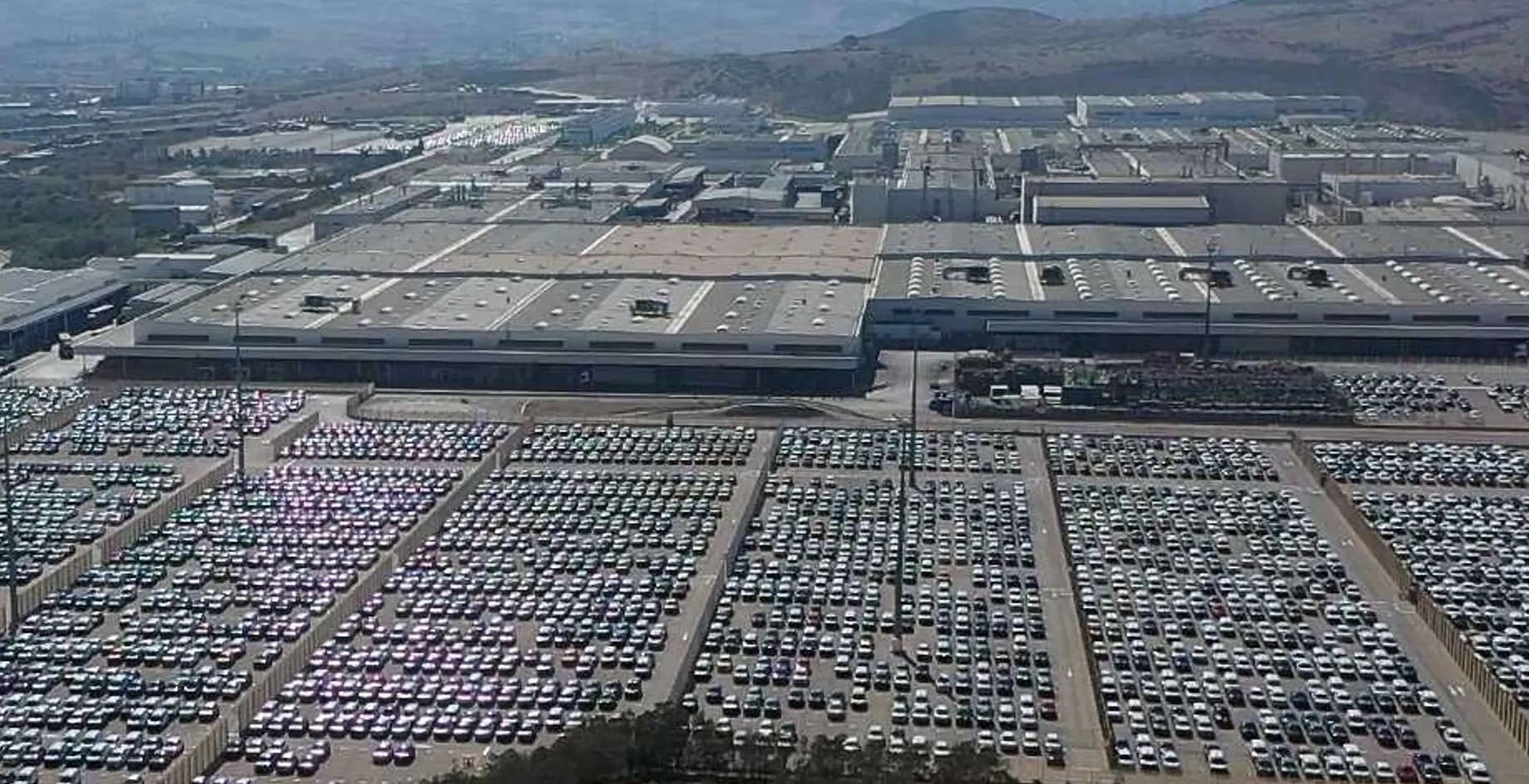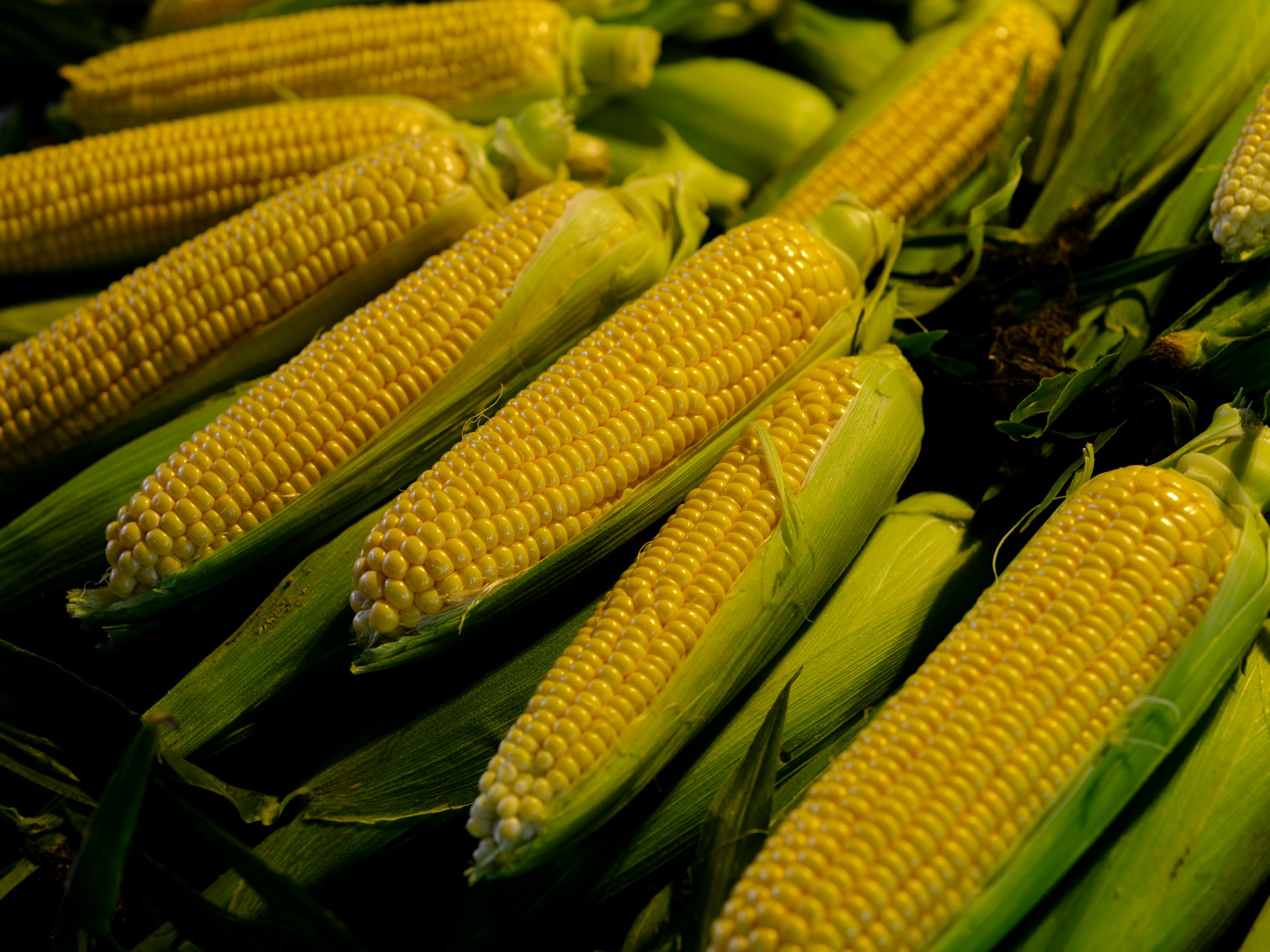Casablanca – In the face of accelerating climate change and mounting pressure on global food systems, OCP Nutricrops has announced a strategic partnership aimed at transforming agricultural practices through science-driven, sustainable solutions. The agreement, formalized during the 17th edition of the International Agricultural Exhibition in Morocco (SIAM), brings together OCP Nutricrops, Arvalis, Intercéréales, and Mohammed VI Polytechnic University (UM6P).
This collaboration builds upon a memorandum of understanding signed in October 2024 and represents a concrete step toward co-developing agronomic strategies that respond to both environmental and agricultural challenges. The initiative centers on enhancing soil health, promoting rational plant nutrition, and supporting climate resilience across agricultural systems.
A response to the climate imperative
The joint effort comes at a time when global agriculture is under growing strain from changing weather patterns, declining soil fertility, and increasing greenhouse gas emissions from traditional farming practices. Recognizing these urgent issues, OCP Nutricrops and its partners are advancing an initiative rooted in research, innovation, and farmer education.
The partnership focuses on fostering sustainable soil management and optimizing nutrient use to reduce environmental impacts. At the core of the initiative is a three-year scientific research program (2025–2028) designed to produce actionable insights and develop tailored agronomic practices.
Research-backed action plan
The program is structured around three key pillars:
- Field trials in France
Experimental agronomic trials will be conducted both in controlled station environments and under real-world farming conditions in France. These trials aim to evaluate the effectiveness of sustainable fertilization techniques and measure their impact on soil health, crop yield, and environmental indicators. - Personalized fertilization plans
Based on scientific criteria, the initiative will develop customized fertilization recommendations tailored to specific soil and crop profiles. These guidelines will be guided by the “4R” principle: applying the right nutrient, at the right rate, at the right time, and in the right place. This approach enhances nutrient use efficiency, minimizes waste, and reduces the carbon footprint of agricultural activities. - Educational outreach for farmers
A suite of educational tools and training materials will be created to ensure farmers can easily understand and adopt the recommended practices. This includes demonstration sites, workshops, and field-based training designed to promote best practices at scale.
Driving measurable impact
The collaboration is aimed at more than just research—it is designed to deliver real-world impact. By promoting evidence-based fertilization practices, the program hopes to reduce emissions linked to inefficient fertilizer use, restore soil fertility, and improve the resilience of agricultural systems.
The project also aligns closely with several United Nations Sustainable Development Goals, particularly SDG 2 (Zero Hunger) and SDG 13 (Climate Action). It aspires to strike a balance between productivity and sustainability, ensuring long-term agricultural viability while addressing environmental concerns.
Europe-Africa scientific synergy
This initiative also represents a significant effort to bridge scientific expertise between Europe and Africa. OCP Nutricrops, a subsidiary of the OCP Group and a global leader in phosphate-based fertilizers, has positioned itself at the intersection of plant nutrition innovation and sustainable agriculture. Through collaboration with European leaders in the field—Arvalis, a major French agricultural research institution, and Intercéréales, a representative body of the French cereal industry—the initiative underscores a commitment to building a shared scientific foundation across continents.
Scaling up production for a growing demand
In parallel to its research efforts, OCP Nutricrops is also expanding its production capacity. By 2028, the company aims to increase fertilizer output by 9 million tons through new industrial hubs in Mzinda and Meskala. These efforts will support the broader goal of ensuring fertilizer availability while maintaining a focus on environmental responsibility.
A model for agricultural transformation
The alliance between OCP Nutricrops and its international partners offers a replicable model for other regions facing similar agricultural challenges. By combining localized trials, precision agriculture, and stakeholder education, the initiative reflects a forward-thinking approach to global food security and environmental stewardship.
As climate change continues to reshape agriculture, such partnerships illustrate the critical role of science, collaboration, and innovation in safeguarding the future of food production.
















